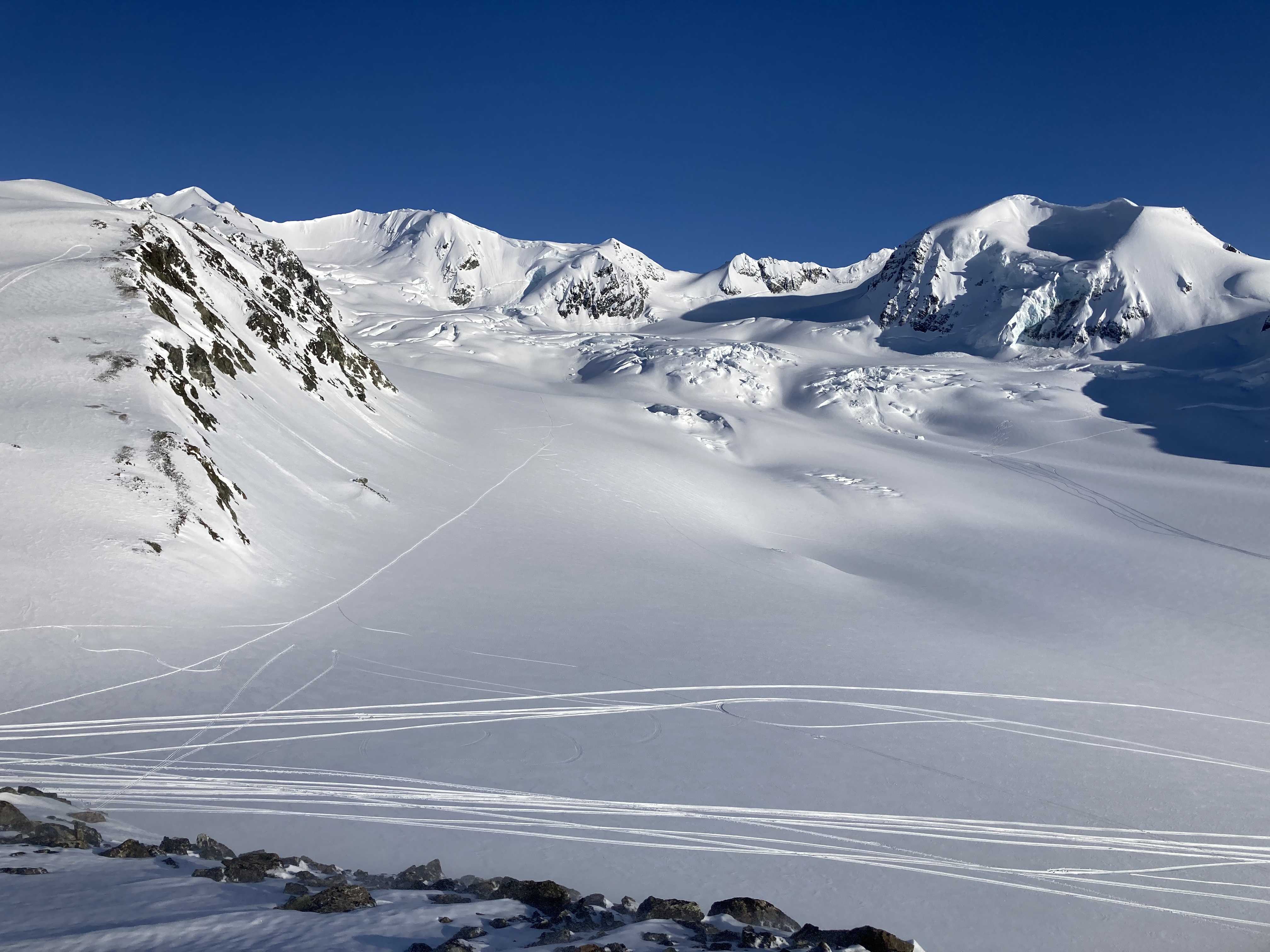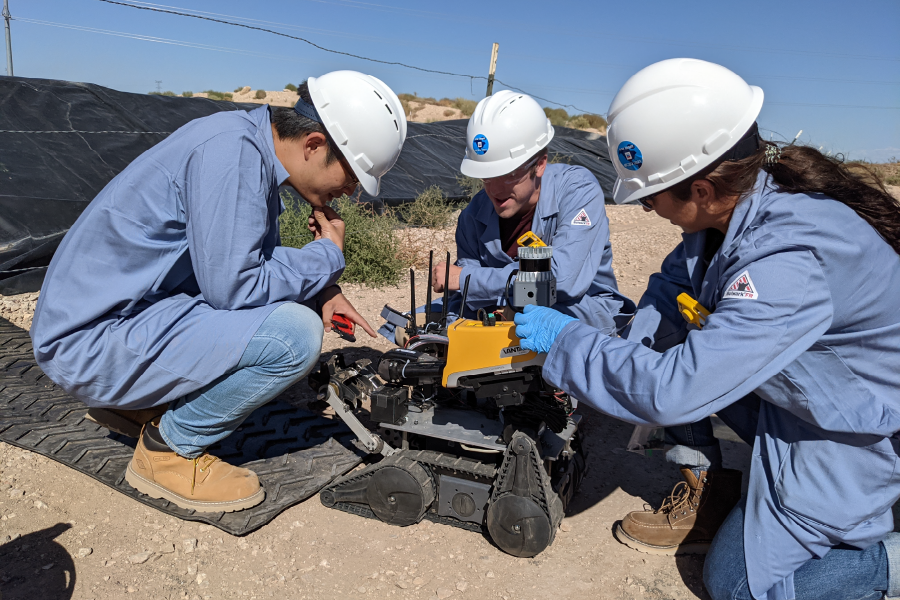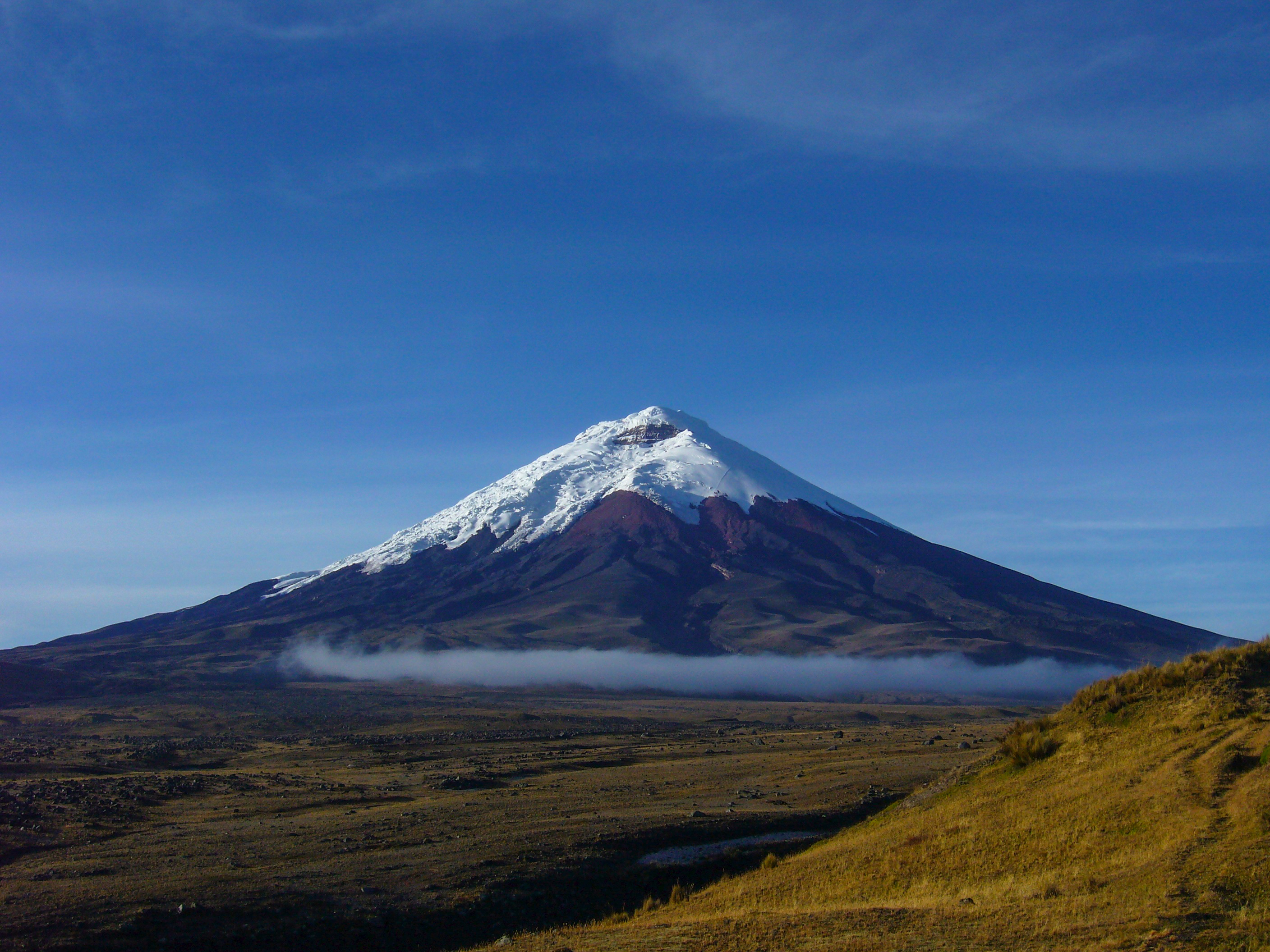CREST Example Projects
Here are a few projects currently in progress within the Climate-Resilient Environmental Systems and Technologies (CREST) research group.
Protecting Water Quality during Enhanced Aquifer Recharge: A Geochemical Compatibility Assessment of Various Water Sources and Co-located Aquifers in the United States
The need to improve freshwater security and diversify water sources due to population growth and climate change has increased underground aquifers' use for water storage. This approach, Managed Aquifer Recharge (MAR), stores extra water underground for use during dry spells or high demand. While MAR offers benefits, it can impact water quality in receiving aquifers, particularly if the water is intended for drinking.
We aim to understand the challenges and limitations of implementing MAR in key U.S. aquifers, focusing on naturally occurring toxins (like arsenic and uranium) and man-made pollutants (such as nutrients, salts, and pesticides) that can affect water quality. Our research evaluates the compatibility of various water sources, like excess surface water and treated wastewater, with local aquifers. The findings will guide the safe implementation of MAR through recommendations on project location, design, and treatment processes to safeguard water quality.
Faculty: Sarah Fakhreddine

Glacier Extremes: The Role of Glacier Snow Albedo Feedbacks From Wildfires and Heatwaves in Enhancing Present and Future Mass Loss in Alaska
This research project is focused on improving our understanding of the impact of wildfires and heatwaves on glacier mass loss in Alaska, which has significant implications for sea-level rise, water resources, ecosystems, and more. The project will use advanced models and data to quantify the effects of these extreme events and their feedback mechanisms on glaciers.
Additionally, it will develop new models to account for black and brown carbon deposition from wildfires on glacier surfaces, leading to enhanced melt. The project also emphasizes education and public outreach, including creating educational modules, lectures, and materials for national parks in Alaska.
Faculty: David Rounce

Analyzing Waste Pit Contaminants
Robots are being employed to improve the analysis of waste pit contaminants from fossil fuel extraction. Traditionally, this involved slow and hazardous manual sampling, with individuals collecting only a few samples daily. The robots, designed for rugged terrains, can autonomously explore and gather hundreds of samples using X-ray fluorescence detectors. This approach enhances safety by keeping humans out of harm's way while providing more extensive data for a clearer understanding of contaminants.
The robots employ AI algorithms to efficiently select their paths, reducing uncertainty in the process. This technology holds promise beyond the oil and gas sector, potentially speeding up the identification and remediation of contamination following disasters. While the full implementation of these robots may be a few years away, they offer an encouraging solution for more effective and safer environmental remediation, ultimately reducing the costs associated with manual sampling and benefiting the environment.
Faculty: Greg Lowry

From Peaks To Slopes To Communities, Tropical Glacierized Volcanoes As Sentinels of Global Change: Integrated Impacts On Water, Plants and Elemental Cycling
This project focuses on the rapid loss of glaciers in the inner tropics, particularly on Andean volcano peaks in Ecuador, which are vital for ecosystems, Indigenous communities, and global biodiversity. The research investigates how climate change impacts glacier retreat, affecting water supply, vegetation, and climate. Importantly, it collaborates with marginalized Kichwa communities to create predictive models bridging Indigenous and scientific knowledge.
The project explores glacier mass balance, plant succession, sulfur and metals' role in carbon storage, meltwater flow, soil dynamics, nutrient release, and carbon store emissions. It combines fieldwork, remote sensing, lab analysis, modeling, and community engagement. Overall, this research comprehensively studies glacier retreats in a data-sparse tropical region, fostering a dialogue between Indigenous and academic research and reshaping our understanding of earth science.
Faculty: David Rounce and Katherine Flanigan
